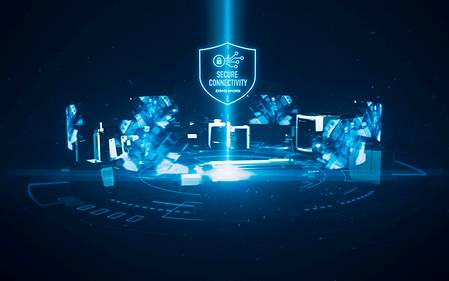The publication "Ten Propositions on the Future of Digital Business Models for Industry 4.0 in the Post-Corona Economy" by the German organization Plattform Industrie 4.0 states that the COVID-19 pandemic is challenging politics, society and business to an unprecedented extent. Its effects are so drastic that they demand from companies and the world of work not only short-term crisis management, but above all the development of strategic options for action in the future. " In this context, an organizational force that had long led a shadowy existence in science has come back into focus: resilience. This applies in particular to the process chain of corporate production based on the industrial manufacturing model.
Everything remains different

According to the thesis paper of the Industrie 4.0 platform, the resilience of value networks is one of the new central target variables of industrial digitization. It thus complements the "conventional goals of operational efficiency and strategic differentiation, such as individualization, flexibility and sustainability". In addition, resilience is becoming a driver for the development of future artificial intelligence applications, the report continues.
The term "resilience" comes from the Latin resalire (to bounce back). In psychology, the term has been used since the 1950s and refers to the ability of people to recover from setbacks. In physics, resilience is understood to mean the resilience of a material as measured by its ability to absorb energy without breaking. In business, resilience is understood as the ability to adapt and innovate.
Yossi Sheffi, a professor at the Massachusetts Institute of Technology, in his 2005 book, "The Resilient Enterprise" explains, that resilience measures the ability and speed with which organizations can return to their normal level of performance after a high-impact, low-probability disruption.
The basic definition has not changed in recent years. Resilience is about being able to react quickly and flexibly in any situation, regardless of whether the changes are internal or external. What has changed, however: Disruptions are occurring at ever shorter intervals and are also spreading rapidly within globally networked supply chains, forcing companies to respond ever more quickly in production as well.